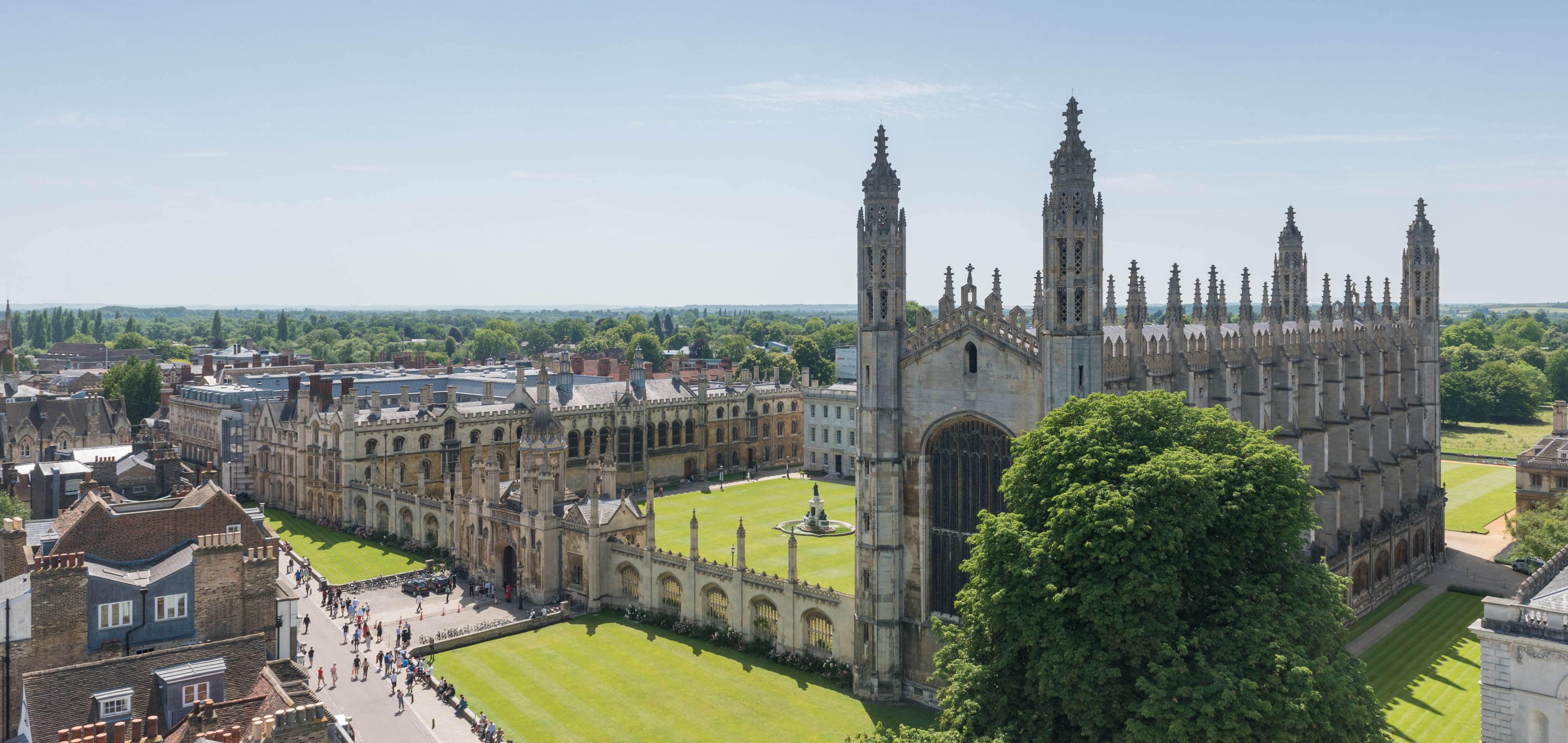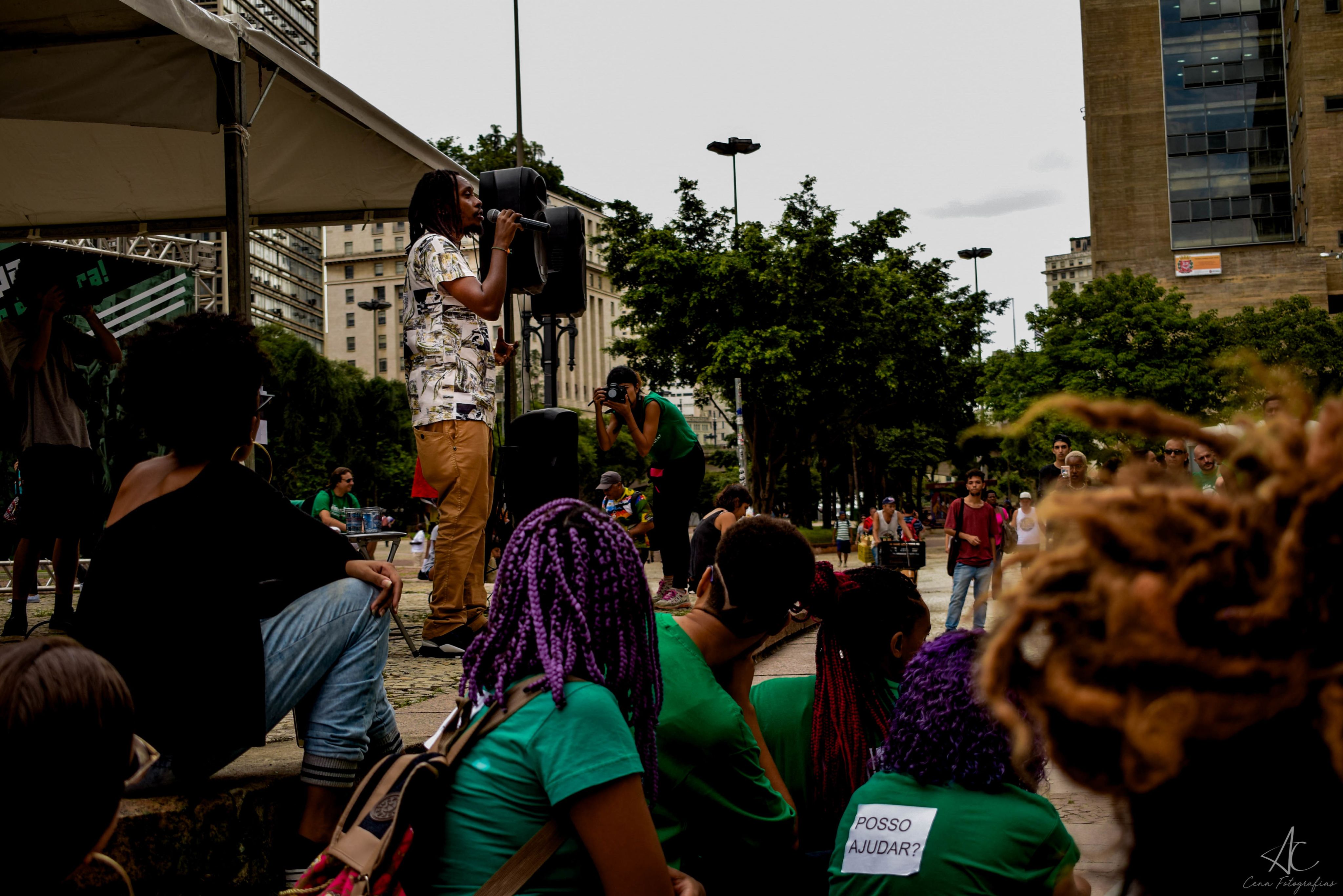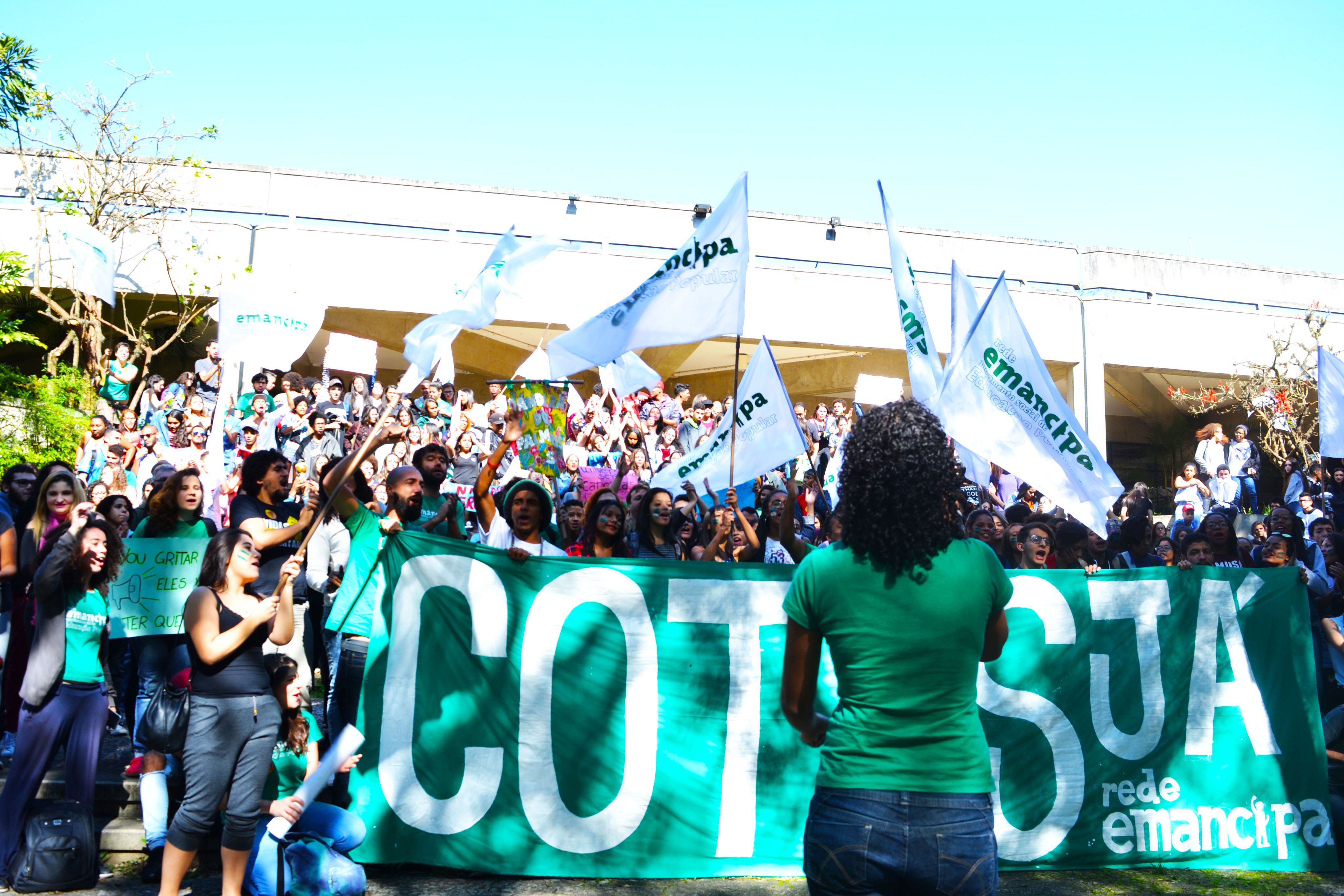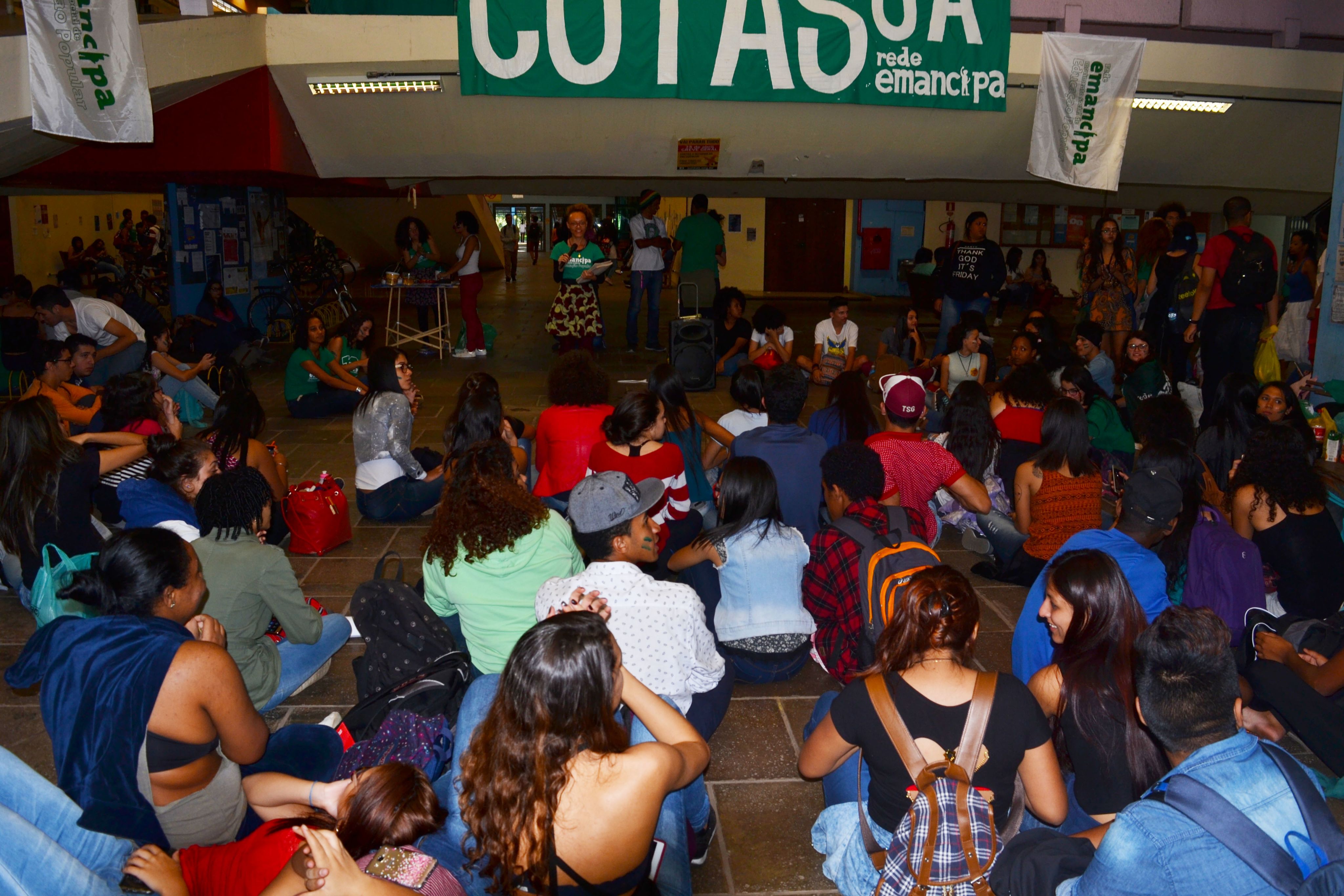

Could a Latin American-style community takeover inspire new solutions in Britain’s least equal city?
A group of Cambridge students are organising a Latin American-inspired ‘community takeover’ of part of their university, to explore how the approach might help to address inequalities within the city.

Local activists, enterprises, artists, charities and community groups will be involved in an exchange of cultural activities and discussions on 19 October, organised by students at the University of Cambridge’s Faculty of Education.
The event will make the Faculty an open, shared space for the day, where community representatives and academics can discuss various local issues and, it is hoped, kick-start lasting collaborations to achieve positive change in the area.
The takeover is part of an annual conference celebrating Paulo Freire, the influential Brazilian educator. Its organisers are a group of Latin American students, who are drawing inspiration from Freire’s ideas about ‘popular education’.
Popular education is a relatively familiar concept in Latin America, but has not been tried at a British university before. Unlike the formal education that takes place in schools, popular education – which often happens with adults as well as children – is shaped by the participants themselves. It often starts from people’s personal experiences of various political and social problems, and aims to empower them to work together towards solutions. Everyone teaches and learns from each other as they strive towards these goals.
The Cambridge event has been particularly inspired by Rede Emancipa: a Brazilian social justice movement which defends the right to education for all. A simultaneous ‘takeover’ will be happening at the Federal University of Rio De Janeiro, with the two institutions linking up through a live stream. More than 2,000 people have signed up for the joint events.
If we can start a meaningful dialogue about issues around which we can unite, the university will become a space that belongs to everyone.
The Cambridge side will involve groups such as Arthur Rank Hospice, Cambridge Ethnic Community Forum and Cambridge Women’s Resources Centre. The programme is part-conference, part-community festival, involving live performances, showcases by local artists and independent street food traders. There will be various activities, drawing on a range of established approaches to facilitating popular education, and aimed at starting open conversations on how to improve the wider Cambridge community.
The emphasis will be on local difficulties with inequality, marginalisation and social exclusion. Cambridge has been identified as Britain’s least equal city. Although it is extremely prosperous thanks to its universities and the closely-linked tech and biomedical clusters, the top 6% of earners take home almost one fifth of the income generated, while the bottom 20% earn just 2% of the total.
The University already has a thriving range of community engagement projects, but the students hope that popular education might add an extra dimension to those efforts. In Latin America, this often involves allowing educational institutions like universities to be symbolically ‘reterritorialised’ by the local community, to stimulate new ideas about working together.
Heidy Perez-Cordero, a PhD student from the Cambridge Latin American Research in Education Collective (CLAREC), said: “These sorts of exchanges are quite common in countries like Brazil, Mexico and Chile. We are interested in how they might work here. Cambridge is a deeply unequal place, and we have a responsibility to make the university a resource that people can draw on in ways that matter to them. The idea is that if we can start a meaningful dialogue about issues around which we can unite, the university will become a space that belongs to everyone.”
Rede Emancipa – the event’s principal source of inspiration - began in Sao Paolo in 2007, and initially involved running free, pre-university courses for people on low incomes, those with disabilities, ethnic minorities and others. It now has a presence across Brazil, and its mission has evolved to support communities by advancing causes or agendas which matter to them.
Maíra Tavares Mendes, an Associate Professor at the State University of Santa Cruz, Brazil, who is co-organising the Freire conference, said: “The key thing Rede Emancipa does is organise. It starts when a group of people want to achieve something – say, a sports project, or an education programme for children. Rede Emancipa brings together different resources in the community to help achieve that goal. Universities are obviously centres of expertise, but they are also places where people can get together and organise in this way.”
The programme for the event has been structured by studying the methods of other successful popular education movements – such as the Popular University of Social Movements (UPMS), which was created at the 2003 World Social Forum.
Some of their techniques will be used to stimulate a semi-structured community dialogue: an open discussion about what the different participants do, the challenges they face, and how they might work together. The plan is to open this with a mistica: a form of ritual in which people express the ambitions and ideas that brough them to the event, which helps to set the terms of the discussion. There will also be exhibitions of local artists’ and craftspeoples’ work, and a sarau – a gathering aimed at sharing different cultural traditions and ideas through dance, music, performance and poetry.
Organisers see the event as having potential mutual benefits for all involved. While local activists and advocacy groups may find ways to draw on the academic expertise on their doorstep, educationalists and social scientists from the Faculty will be able to meet people whose experiences interlink with their own research.



The problem with unequal societies is that problems tend to get processed individually. The greatest benefits come when instead we use shared spaces to bring people together.
Ila Chandavarkar, who is chair of the Cambridge Women’s Resource Centre, said: “We don’t really know what’s going to happen, but what I like about the concept is that it opens up possibilities.”
“Cambridge is so divided and we miss a trick by not joining forces more often. The women in our centre, for example, have a wealth of lived experience that can inform academic research, just as much as academics might be able to help them to change things on a wider scale. The problem with unequal societies is that problems tend to get processed individually. The greatest benefits come when instead we use shared spaces to bring people together, and use their complementary skills and knowledge to collaborate towards change that is needed.”
More information about the 2022 Freire events can be found on the CLAREC website.
Images in this story:
Central Cambridge. Image: Jean-Luc Benazet, Unsplash.
Images of Rede Emancipa events, University of Sao Paolo, 2017-19, by kind permission of the Rede Emancipa archive.